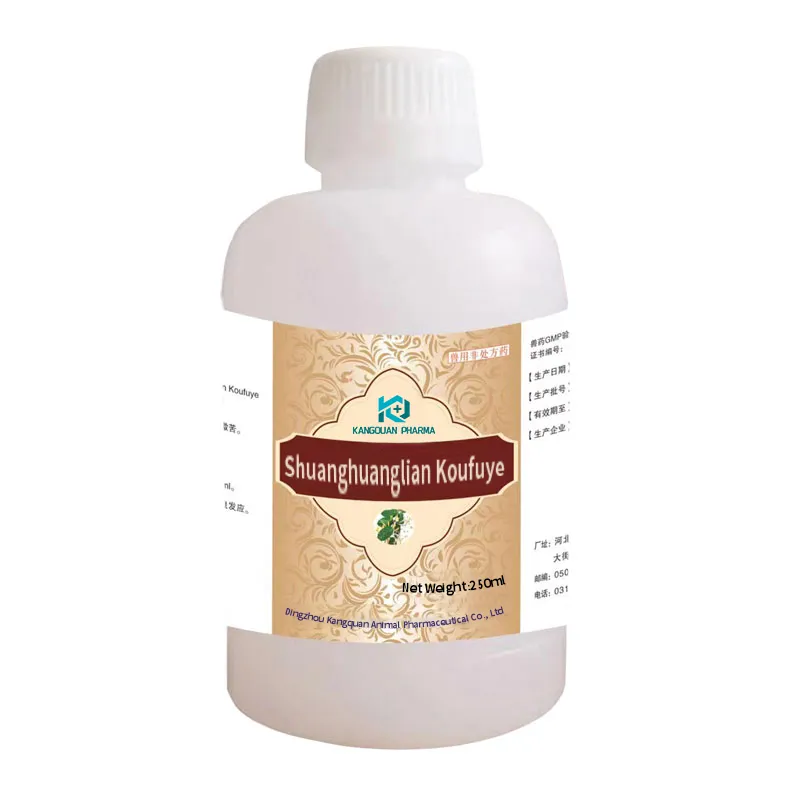- Afrikaans
- Albanian
- Amharic
- Arabic
- Armenian
- Azerbaijani
- Basque
- Belarusian
- Bengali
- Bosnian
- Bulgarian
- Catalan
- Cebuano
- Corsican
- Croatian
- Czech
- Danish
- Dutch
- English
- Esperanto
- Estonian
- Finnish
- French
- Frisian
- Galician
- Georgian
- German
- Greek
- Gujarati
- Haitian Creole
- hausa
- hawaiian
- Hebrew
- Hindi
- Miao
- Hungarian
- Icelandic
- igbo
- Indonesian
- irish
- Italian
- Japanese
- Javanese
- Kannada
- kazakh
- Khmer
- Rwandese
- Korean
- Kurdish
- Kyrgyz
- Lao
- Latin
- Latvian
- Lithuanian
- Luxembourgish
- Macedonian
- Malgashi
- Malay
- Malayalam
- Maltese
- Maori
- Marathi
- Mongolian
- Myanmar
- Nepali
- Norwegian
- Norwegian
- Occitan
- Pashto
- Persian
- Polish
- Portuguese
- Punjabi
- Romanian
- Russian
- Samoan
- Scottish Gaelic
- Serbian
- Sesotho
- Shona
- Sindhi
- Sinhala
- Slovak
- Slovenian
- Somali
- Spanish
- Sundanese
- Swahili
- Swedish
- Tagalog
- Tajik
- Tamil
- Tatar
- Telugu
- Thai
- Turkish
- Turkmen
- Ukrainian
- Urdu
- Uighur
- Uzbek
- Vietnamese
- Welsh
- Bantu
- Yiddish
- Yoruba
- Zulu
nóv . 27, 2024 07:44 Back to list
Effective Ivermectin Injectable Solutions for Sheep Health and Parasite Control
Ivermectin Injectable for Sheep An Overview
Ivermectin is a widely used antiparasitic agent that has become a cornerstone in the management of various parasitic infections in livestock, particularly in sheep. This veterinary medication is part of the avermectin family of drugs, derived from the soil bacterium *Streptomyces avermitilis*. Ivermectin is effective against a broad spectrum of internal and external parasites, making it an invaluable tool for sheep farmers aiming to maintain the health and productivity of their flocks.
Mechanism of Action
Ivermectin works by interfering with the nervous system and muscle function of parasites. It binds to glutamate-gated chloride channels, which leads to an increase in permeability of the cell membrane to chloride ions. This causes hyperpolarization of the nerve and muscle cells, resulting in paralysis and death of the parasite. Ivermectin is particularly effective against nematodes (roundworms), arthropods (such as ticks and mites), and some protozoa. Its efficacy against these parasites helps prevent the diseases they cause, which can significantly impact sheep health and economic viability.
Administration and Dosage
Ivermectin is available in various formulations, including injectable, oral, and topical forms. The injectable form is particularly useful for large flocks or for treating animals that require immediate action against a parasitic load. The recommended dosage for sheep typically ranges from 200 to 400 micrograms per kilogram of body weight, administered subcutaneously or intramuscularly. It is essential to adhere to the recommended dosage and administration guidelines to avoid potential side effects, including toxicity.
Benefits of Ivermectin Use in Sheep
ivermectin injectable for sheep

One of the primary benefits of using ivermectin in sheep is its broad spectrum of activity. It is effective against a range of gastrointestinal nematodes, lungworms, and ectoparasites like lice, mites, and ticks. This multi-parasitic action helps farmers reduce the number of different medications required for parasite control, streamlining their management practices.
Additionally, ivermectin has a long-acting residual effect, which means that it continues to offer protection against reinfestation for an extended period after administration. This reduces the need for frequent treatments, making it economically beneficial. Furthermore, ivermectin has a favorable safety profile when used correctly, with minimal adverse effects reported.
Challenges and Considerations
Despite its effectiveness, the use of ivermectin is not without challenges. One of the primary concerns is the development of anthelmintic resistance, where parasites become less susceptible to treatment over time. This is particularly relevant in sheep farming, where frequent use of the same class of drugs can lead to resistance. To mitigate this risk, it is recommended to practice strategic deworming, alternating between different classes of anthelmintics and routinely monitoring parasitic loads through fecal examinations.
Another consideration is the potential for drug residues in meat and milk. It is crucial for sheep farmers to adhere to withdrawal periods established by regulatory agencies to ensure that ivermectin does not enter the human food chain. Farmers should be aware of the specific regulations and guidelines in their region concerning the use of ivermectin to avoid any issues related to animal health and food safety.
Conclusion
Ivermectin injectable for sheep represents an essential tool in the veterinary arsenal against parasitic infections. Its effectiveness, broad spectrum of activity, and ease of administration make it a preferred choice among sheep producers. However, responsible usage, including adherence to dosing guidelines and the implementation of resistance management strategies, is critical to ensuring its continued efficacy. As sheep farming continues to face challenges from parasites, ivermectin remains a vital component in promoting the health and productivity of sheep flocks worldwide. Future advancements in parasitic control, including rotation strategies and the development of new classes of anti-parasitic medications, will be vital in the ongoing fight against parasitic diseases in sheep.
-
Guide to Oxytetracycline Injection
NewsMar.27,2025
-
Guide to Colistin Sulphate
NewsMar.27,2025
-
Gentamicin Sulfate: Uses, Price, And Key Information
NewsMar.27,2025
-
Enrofloxacin Injection: Uses, Price, And Supplier Information
NewsMar.27,2025
-
Dexamethasone Sodium Phosphate Injection: Uses, Price, And Key Information
NewsMar.27,2025
-
Albendazole Tablet: Uses, Dosage, Cost, And Key Information
NewsMar.27,2025













